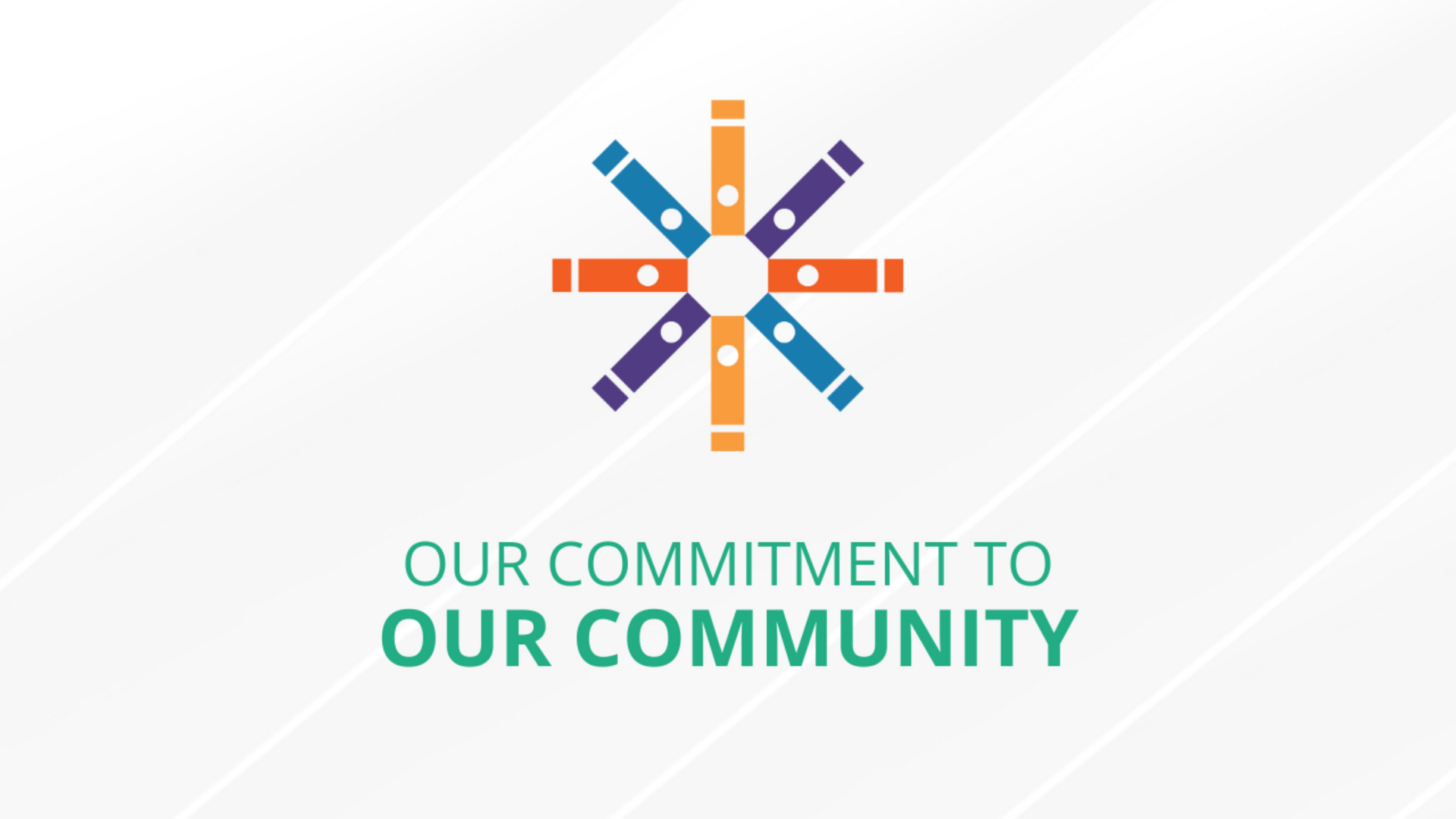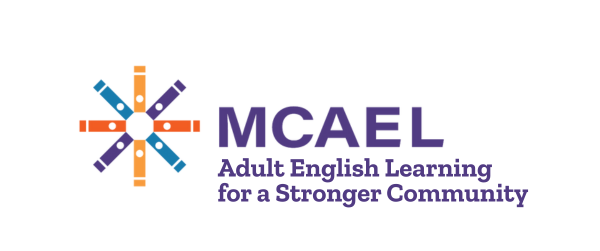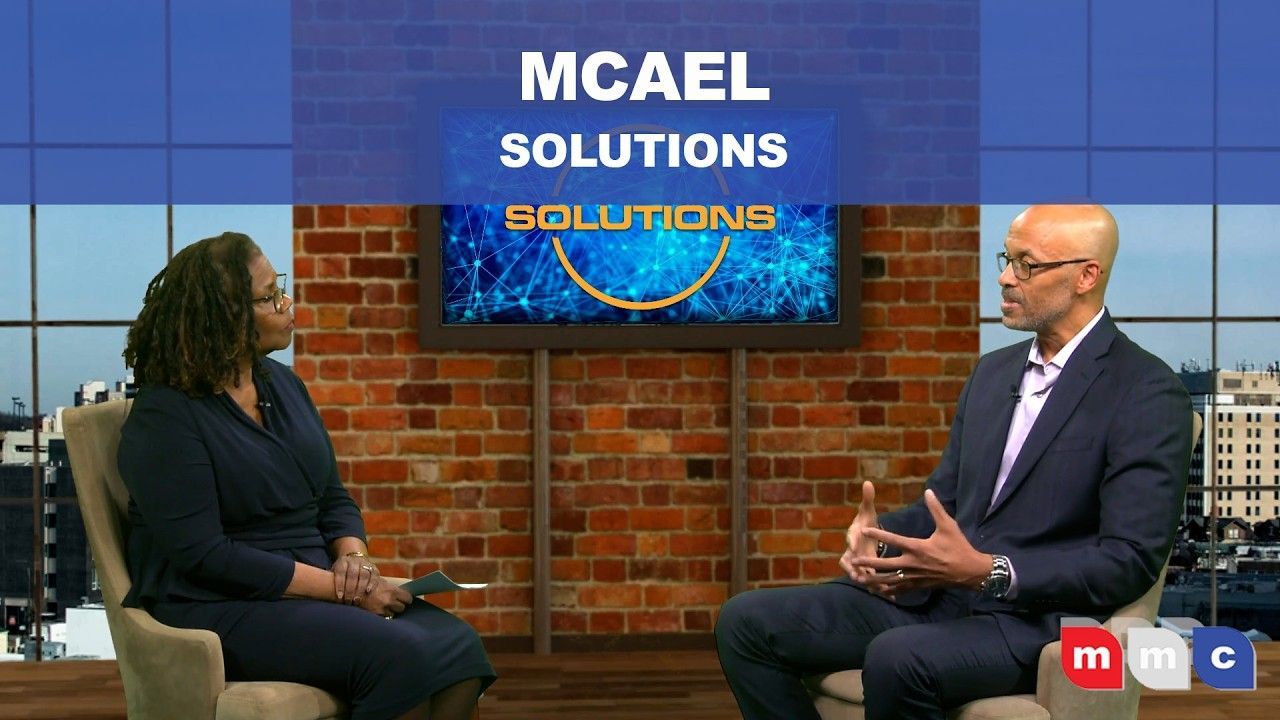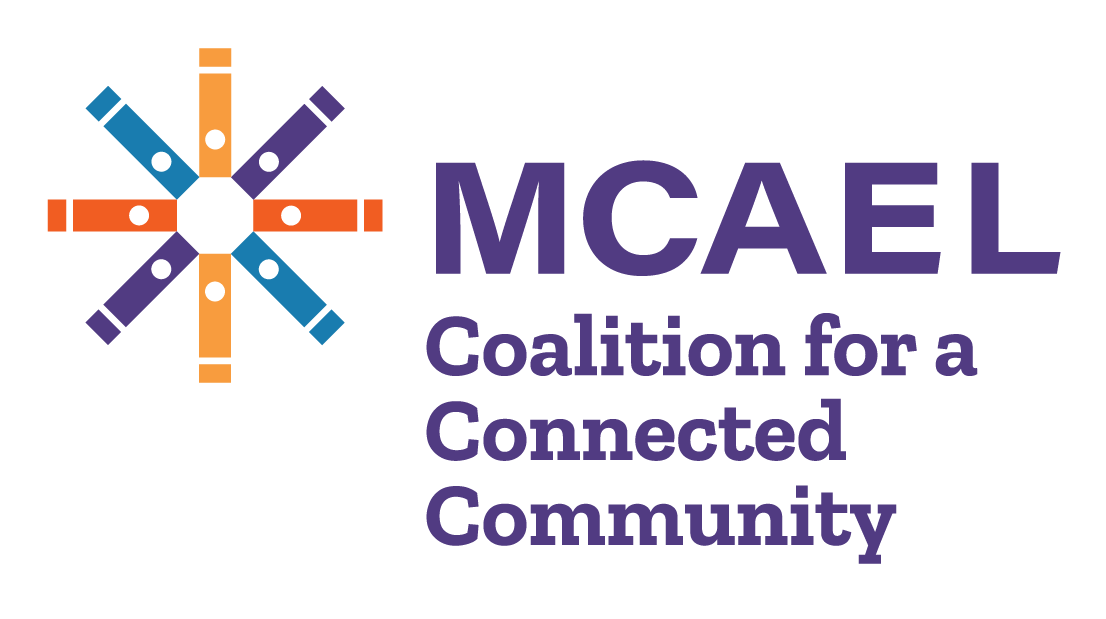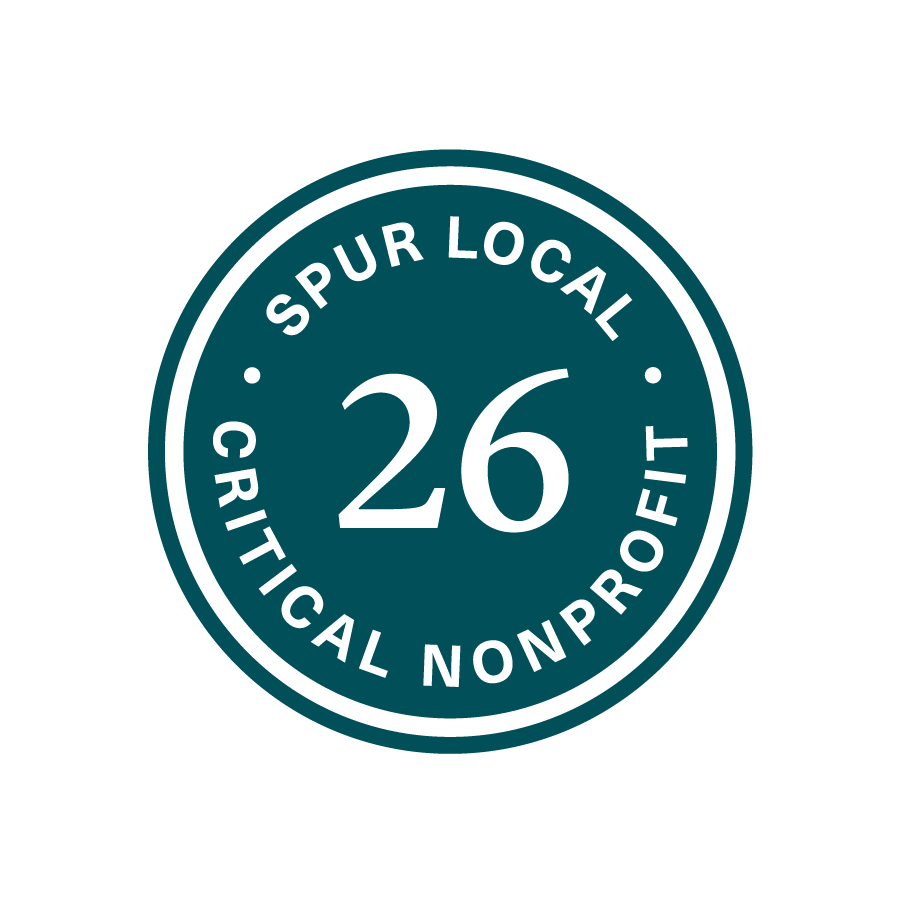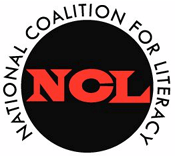A Conversation with Hellen Lainez, an Adult ESOL coordinator at CASA.
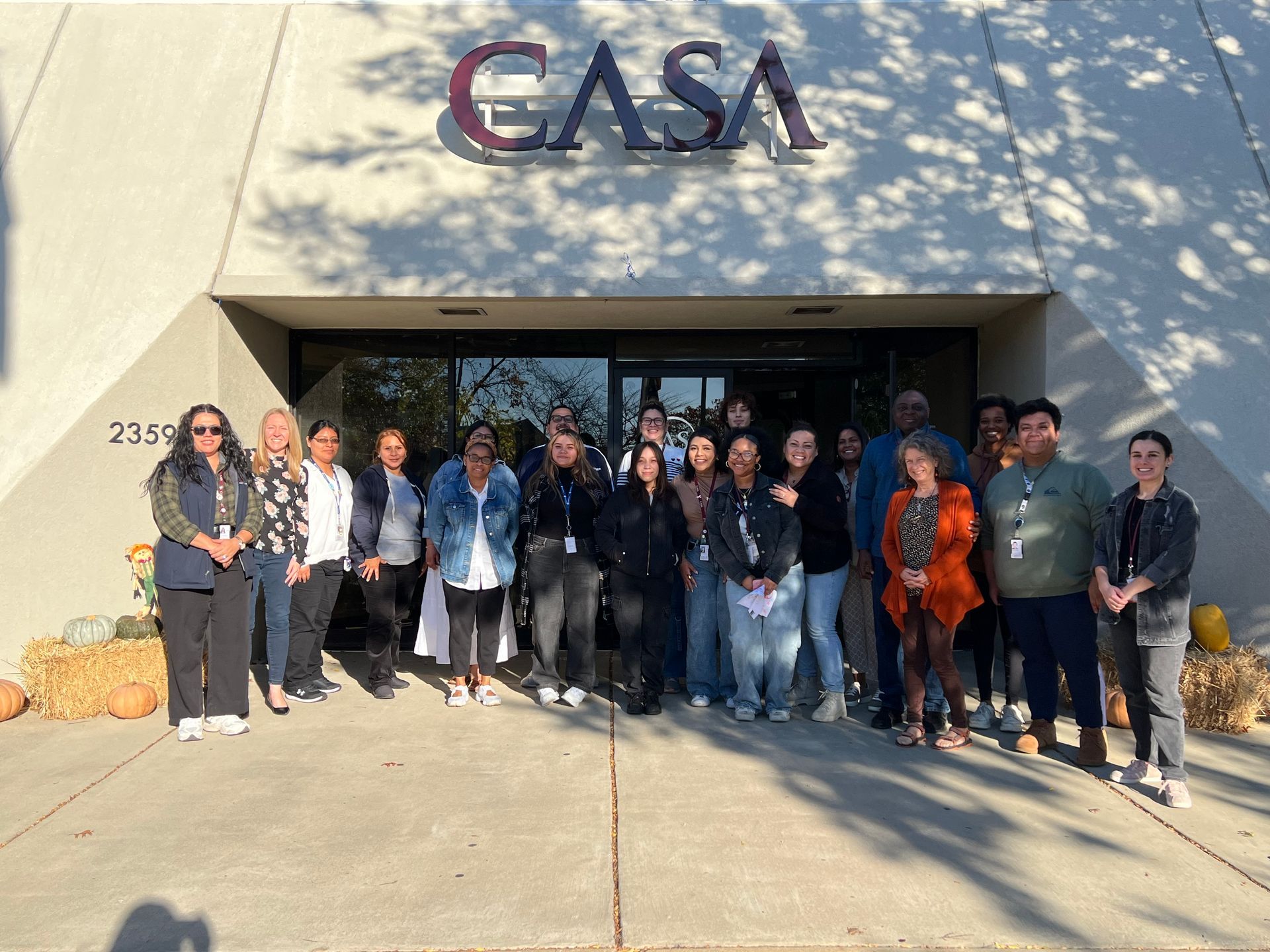
Hellen Lainez is the Adult ESOL Coordinator at CASA, where she leads adult English language instructional efforts and conducts community outreach. Her journey with CASA began in high school, when she completed her community service hours with the organization. As an immigrant who arrived in the United States at the age of twelve, Hellen deeply understands the challenges faced by those seeking support at CASA. Motivated by her own experiences and a desire to give back to her community, she returned to CASA to make a meaningful impact.
MCAEL: In your opinion, what are some of the biggest barriers immigrants face when it comes to learning English, and how does the “Life Skills ESOL Class” at CASA address those barriers?
Education. Education is the biggest barrier faced because back home [their native country], needs are different. Somebody who couldn't attend school, and whose primary language is not Spanish but dialect; specifically, Mum, Quiche, etc. from Latin America, tend to have different needs. The “Life Skills Class” helps people address the requirements of daily life, such as filling out forms, applying for jobs, or even applying for an ID.
MCAEL: What kind of feedback do you receive from learners, and how does that feedback influence changes or improvements in the curriculum?
Surveys are given at the beginning of class; every learner fills out a form with their “top 3 goals” which is what they hope to achieve by the end. Instructors are then given surveys to ensure the curriculum is aligned with learner goals. There are also student surveys that provide the instructor with feedback on curriculum.
MCAEL: What long-term impacts have you seen in learners who complete the “Life Skills ESOL Class” or the “Workforce ESOL program”? Are there any specific areas of their lives that you believe have notably improved because of these classes?
Students have been able to get better jobs and have access to more opportunities as a result. One big thing is that learners can participate in community events and specifically are able to learn where they can go for help.
MCAEL: What role do you think English language programs play in fostering integration and belonging for immigrants?
The "Adult Life Skills" English class is a vital part of fostering integration and a sense of belonging. It equips learners with practical language skills, such as filling out forms, communicating with neighbors, or speaking with a doctor, which are essential for navigating life in the U.S. These skills not only build confidence but also help immigrants develop a sense of belonging. In a challenging political climate, we aim to empower learners to engage fully in their communities. Our English classes are more than language instruction; they are spaces where language becomes a bridge rather than a barrier, connecting learners and making them feel part of a community.
MCAEL: What is your most memorable moment/success story from your time working with the “Life Skills ESOL Class” or the “Workforce ESOL program”?
We have had students enroll in higher education. We have also had students who end up serving the community, helping others as well because they were once in their shoes. We have had learners who had higher education in their home country but the only thing blocking them was the language -- once they took our classes, they were able to continue where they left off. Someone who never had the opportunity to attend school begins to understand why education is so important. From enrolling in English classes to helping others, we are glad to see a full circle all tying back to CASA.
Interview conducted by Kairy Castro Barrios, MCAEL Intern.
